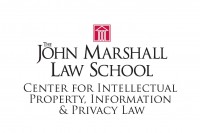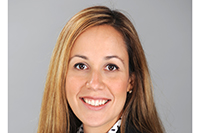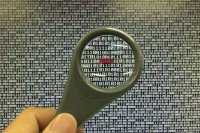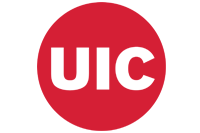
John Marshall recently co-hosted the AIPPI-US Global IP Educational Forum with the American Intellectual Property Law Association (AIPLA).
The AIPPI-US Global IP Educational Forum is a one-day comprehensive program that brings together seasoned experts and rising stars from around the world to provide a detailed look at the hottest issues in intellectual property law. This year’s keynote address was given by the Hon. James F. Holderman (ret.), the Former Chief Judge of the U.S. District Court for the Northern District of Illinois.
“We were delighted to be chosen by AIPLA to partner with them for this event,” said Professor Daryl Lim, Director of John Marshall’s Center for Intellectual Property, Information & Privacy Law. “John Marshall welcomed delegates from across the U.S. and around the world as they met here to discuss some of the most important issues affecting IP practice. We look forward to continuing this partnership and finding new opportunities to collaborate together.”
Topics discussed at the forum included: patent post-grant proceedings in the U.S., Europe and Korea; recent decisions from the U.S. Supreme Court and the Federal Circuit; FRAND damages and patent antitrust remedies in the U.S., Europe and Asia; the latest trends in copyright law; IP laws under study for global harmonization by AIPPI including “bad faith” trademarks, protection of graphical user interfaces and patent eligibility of computer inventions in the U.S., Canada and China.
In 2017 U.S. News & World Report ranked John Marshall’s Intellectual Property Law Program 19th in the nation. It is one of only five law schools in the country to have a U.S. Patent and Trademark Office-Certified clinical program serving the entire United States.
John Marshall’s Intellectual Property Law program was also ranked as one of the best in the country by preLaw magazine in its Spring 2017 issue. John Marshall was one of only 10 law schools in the country to receive an A+ grade from the magazine. The grade was based on the law school’s curricular offerings in comparison to the offerings of the 131 other U.S. law schools that offer concentrations in intellectual property.



